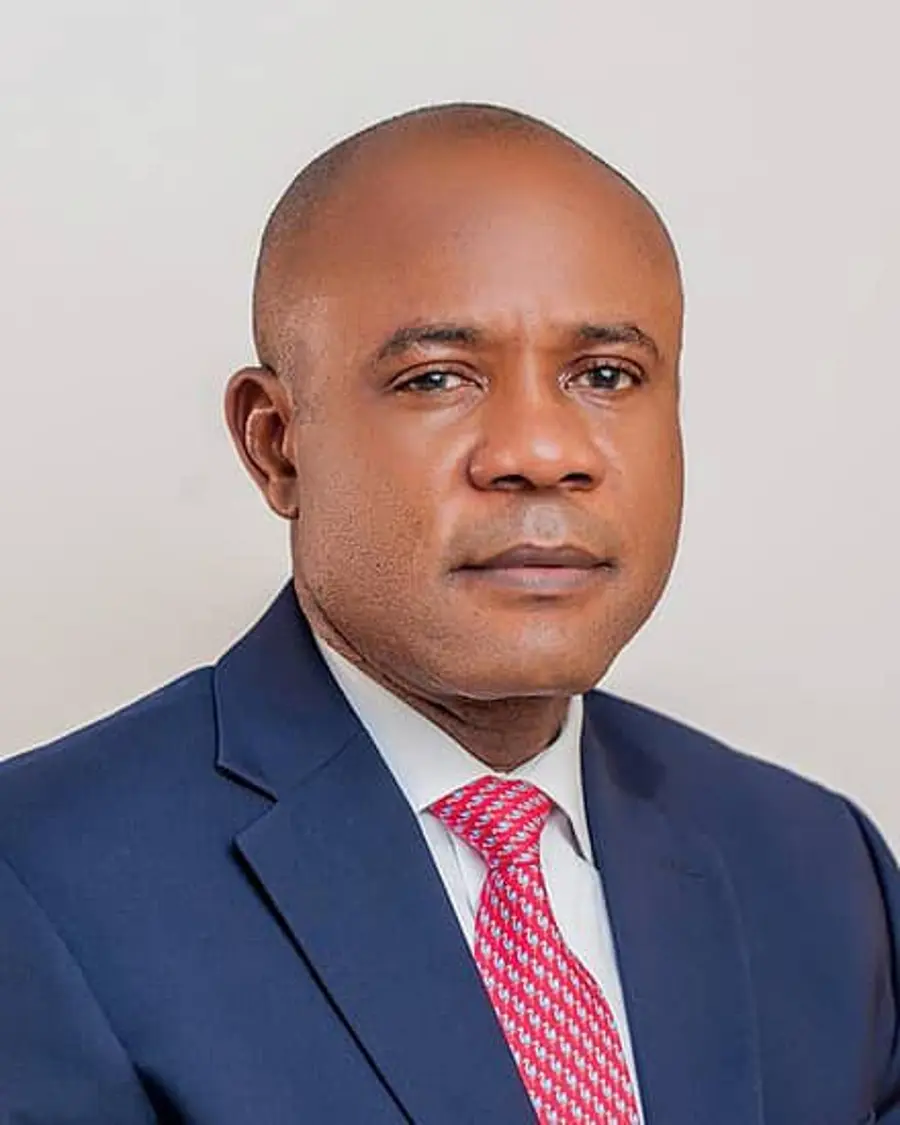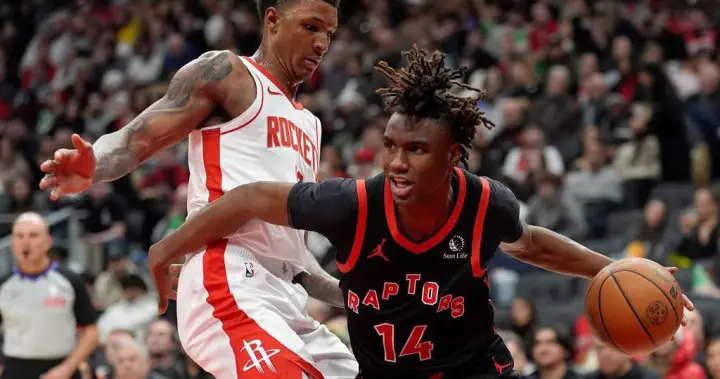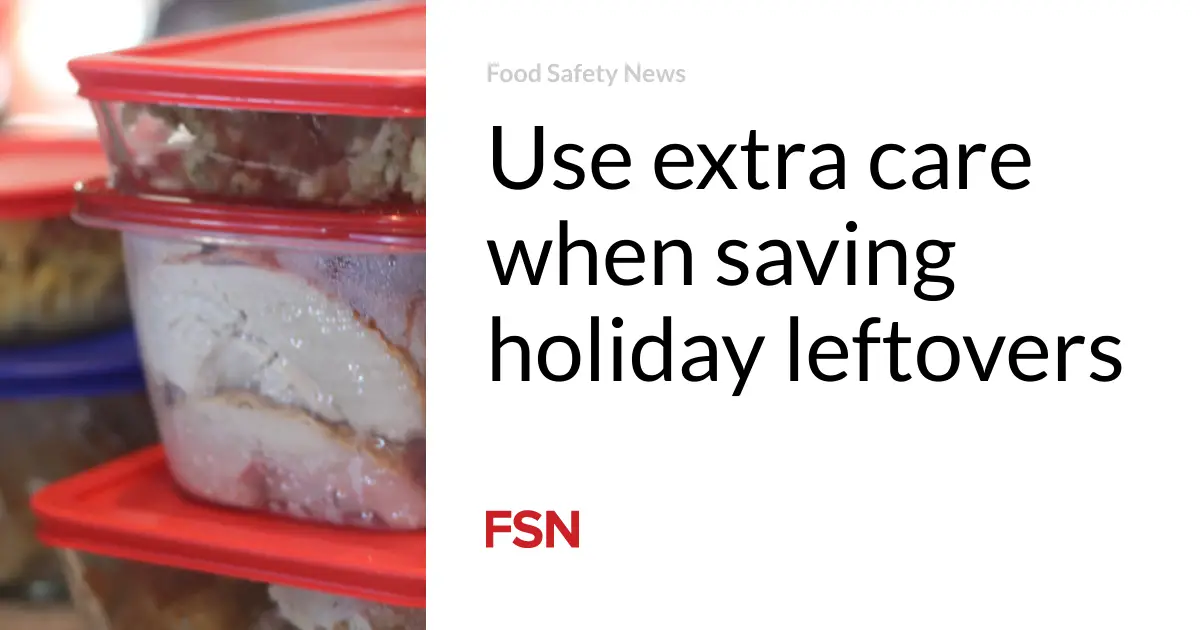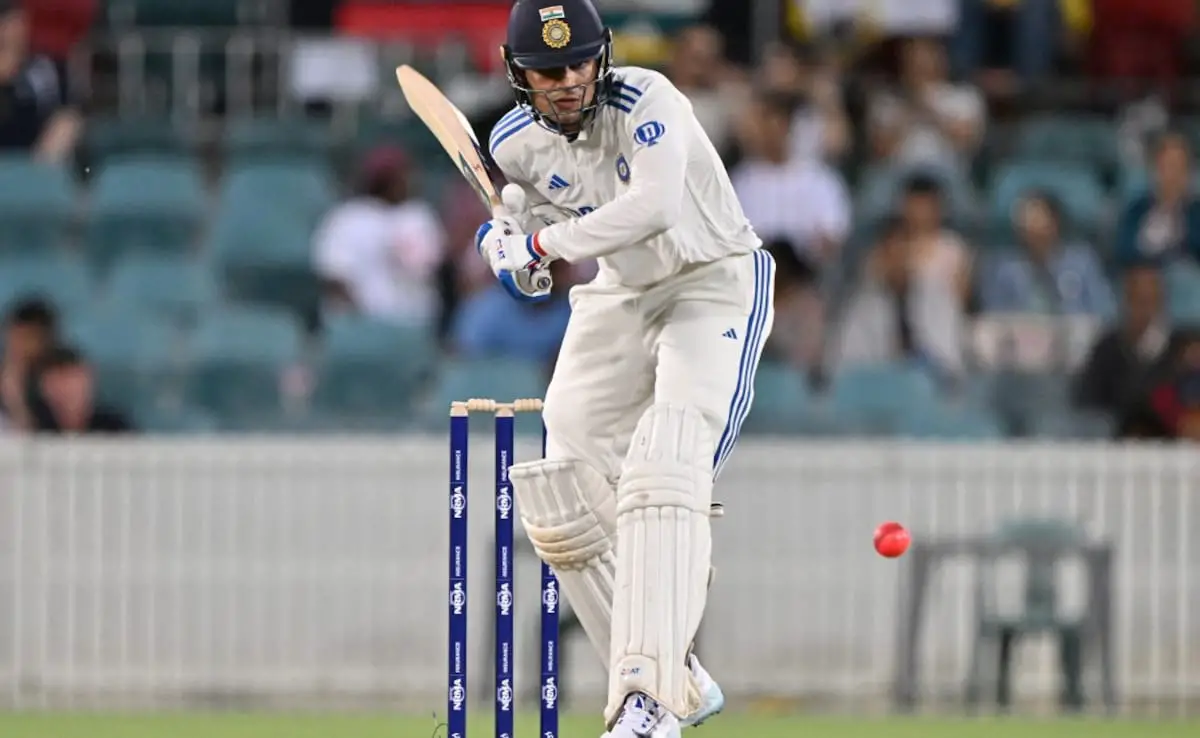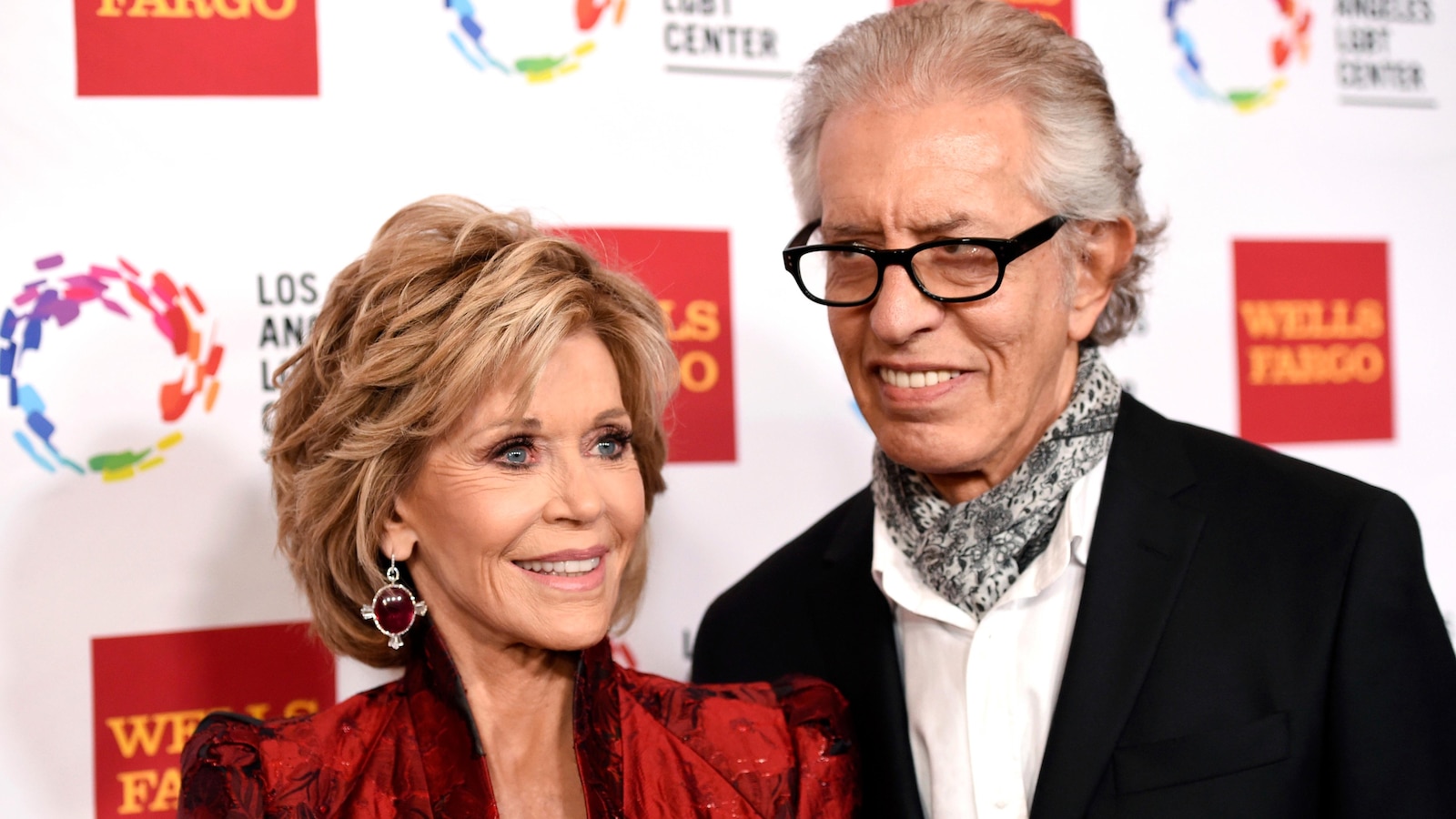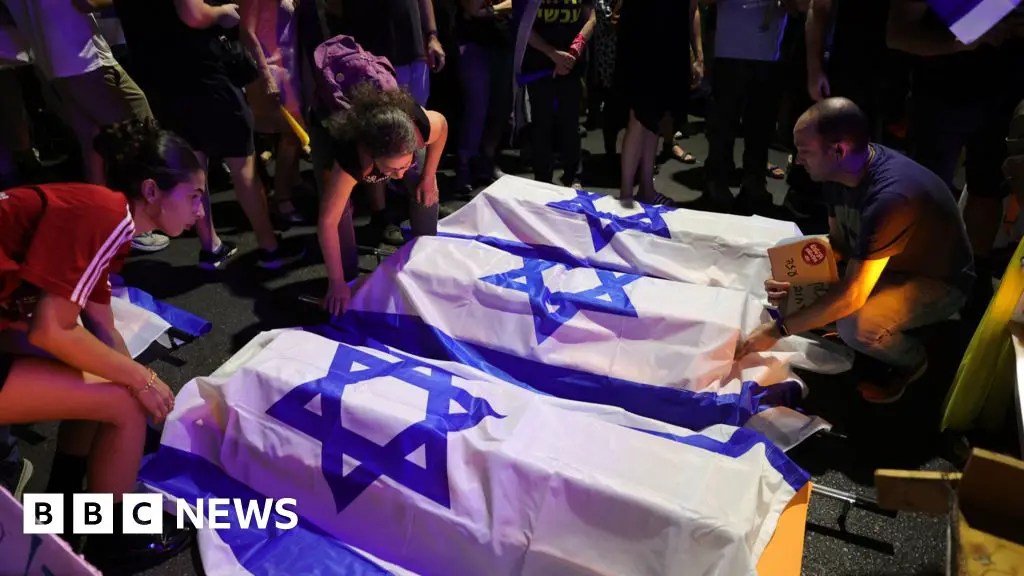
Tens of thousands of people took to the streets again on Monday, after mass demonstrations flooded Tel Aviv last night. Many want to see this moment as a turning point, but Prime Minister Netanyahu has been here before.
He’s lived through months of these street protests – and years of similar ones. Protected by a parliamentary majority, his strategy has largely been to ignore their demands.
But then, if Mr Netanyahu isn’t listening, many people in Israel are not protesting.
A one-day general strike, called by the country’s labour union, was very patchily observed – even in Tel Aviv, the country’s beach-side liberal heartland.
Shops and restaurants in the city centre were mostly open, after briefly closing in solidarity with the protest on Sunday night.
“I don’t agree with the decision,” one of the staff at local cafe told me. “We should have closed.”
Tamara was picking up a street scooter, in large shades and perfect lipstick. “I don’t agree with the strike,” she said. “We want the hostages back – but we can’t stop everything; we need to live.”
Twenty-three-year-old Niva said she was surprised to see so many places open. “The country is in a very confrontational mood now,” she said.
But the most striking confrontation isn’t happening in the streets.
In a live press conference on Monday night, Mr Netanyahu defied anyone to demand more concessions from Israel in its negotiations over a hostage and ceasefire deal, brokered by the US.
“These murderers executed six of our hostages; they shot them in the back of the head,” he said. “And now, after this, we’re asked to show seriousness? We’re asked to make concessions?”
The message that would send to Hamas, he said, would be: “kill more hostages [and] you’ll get more concessions.”

